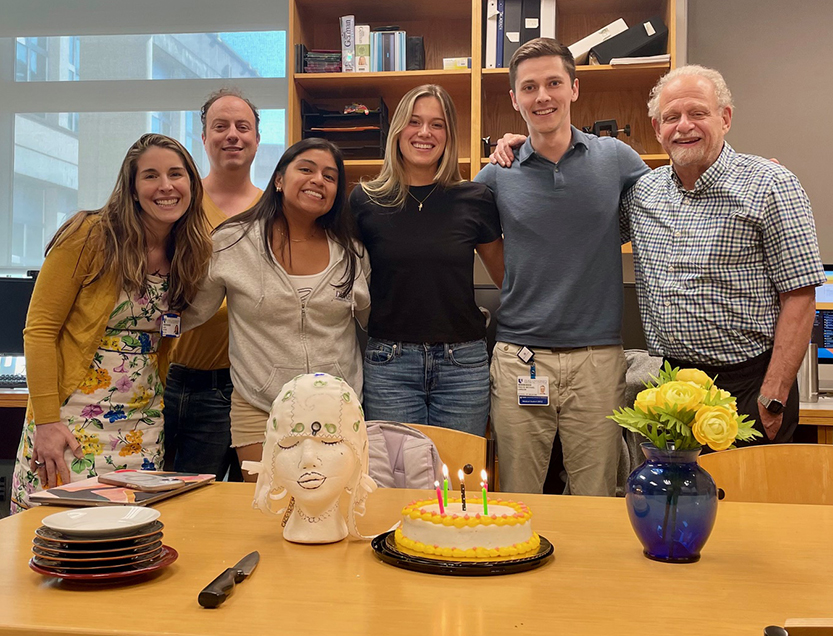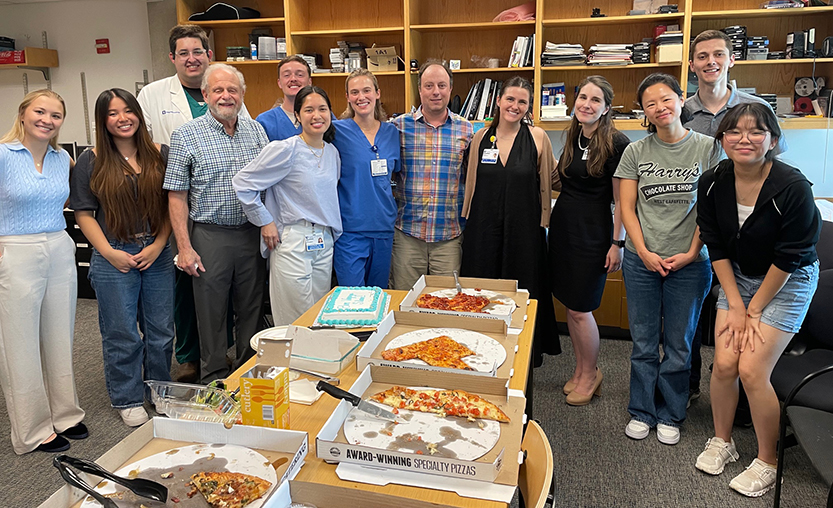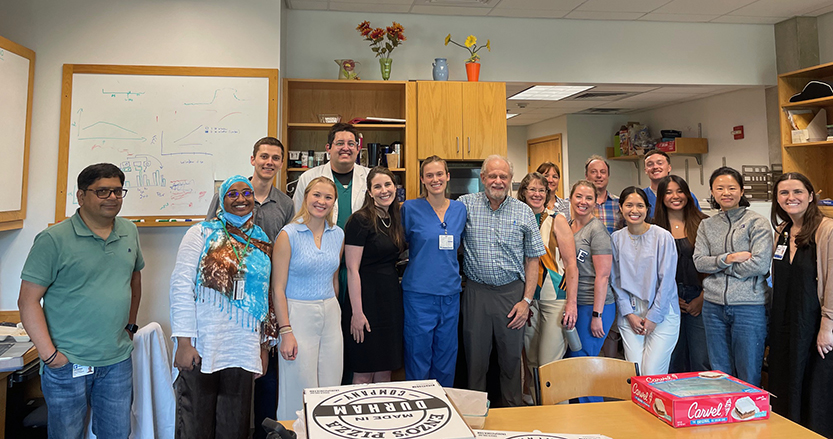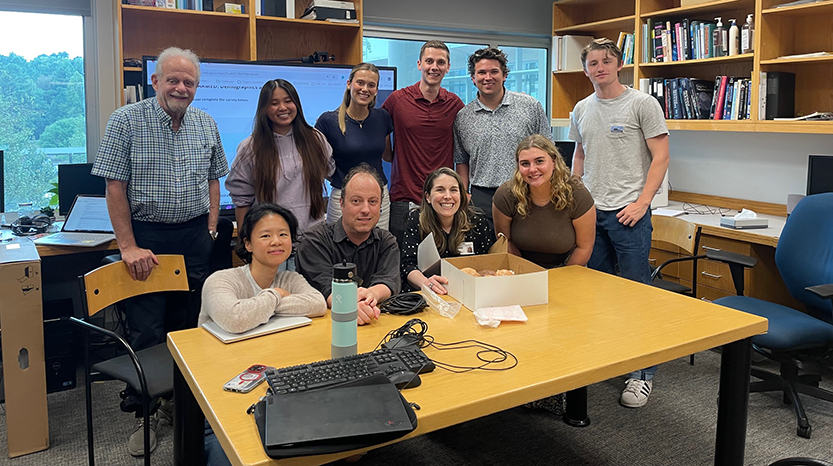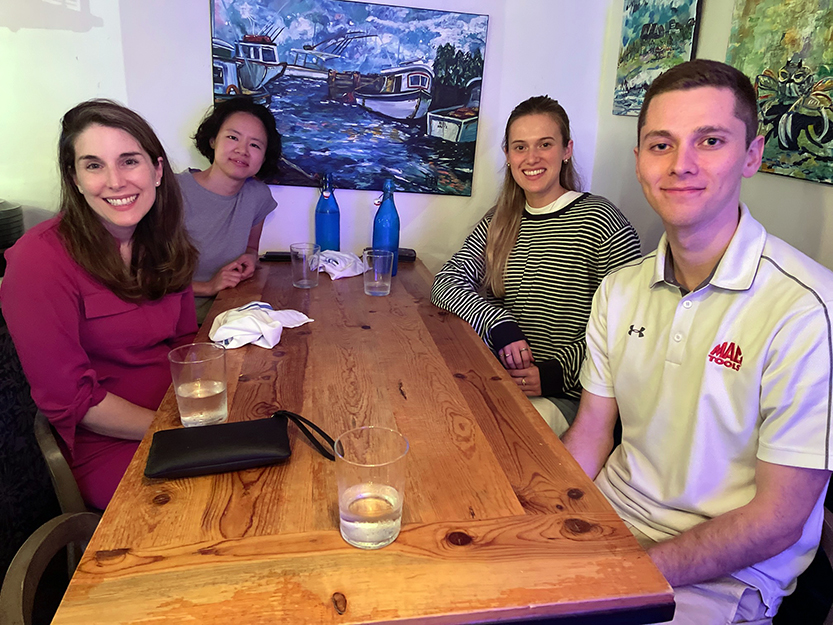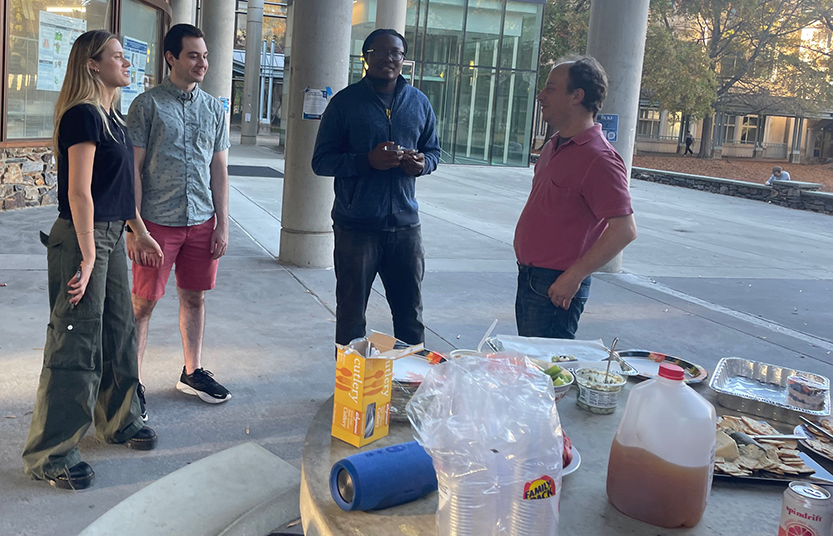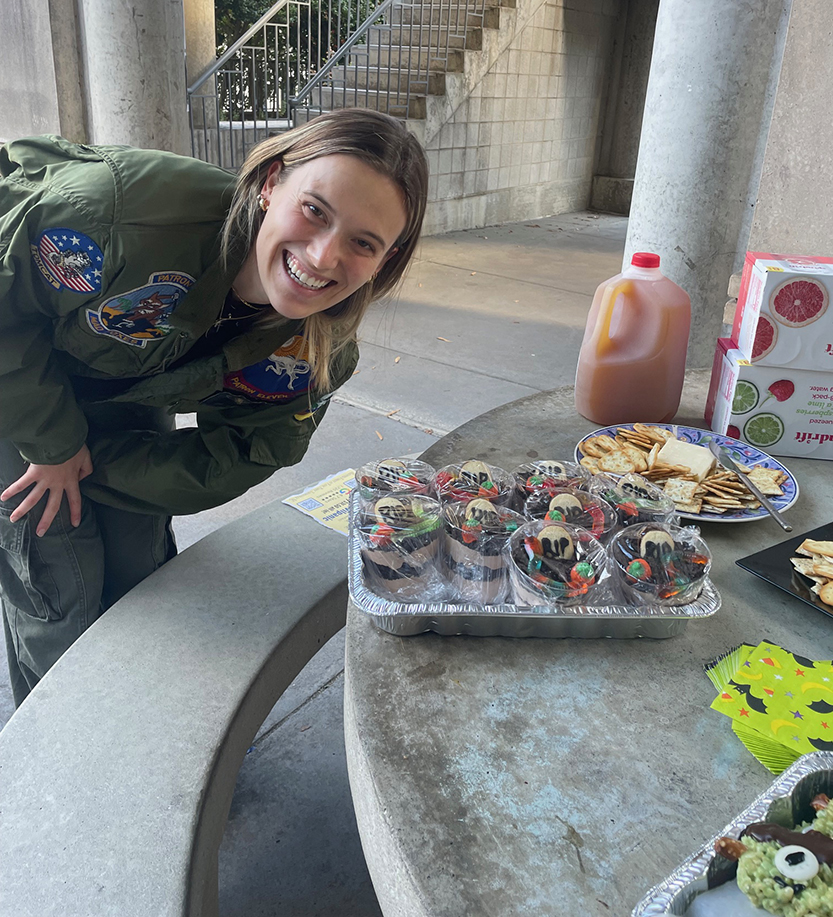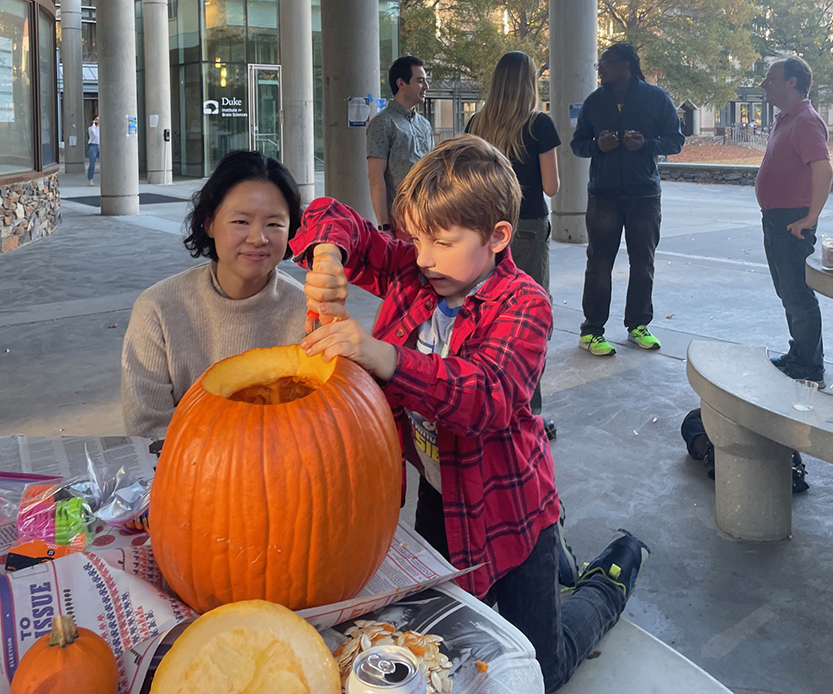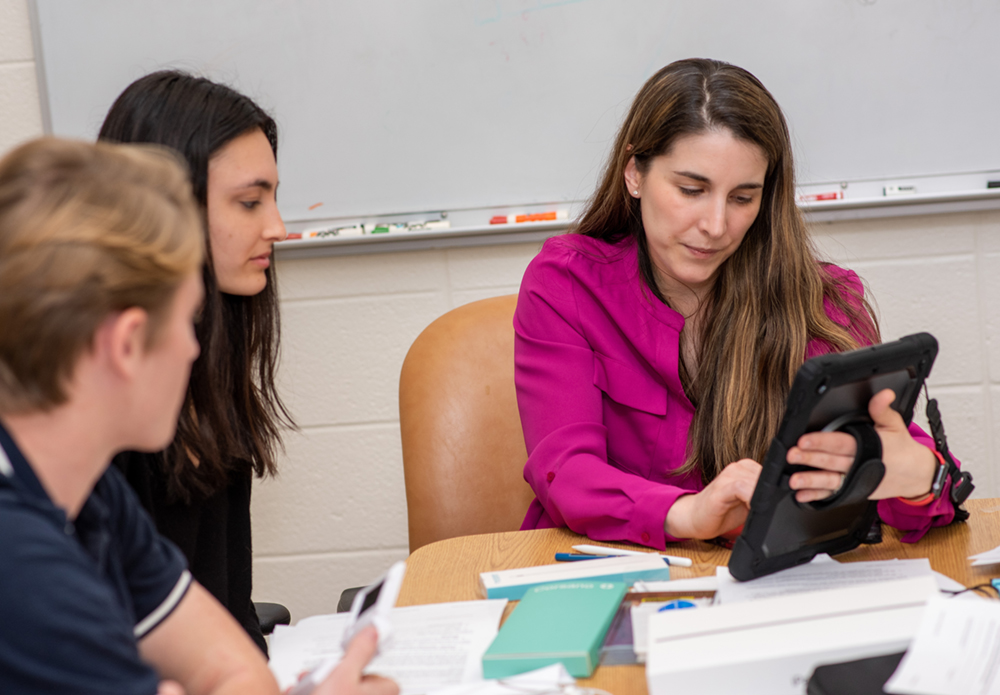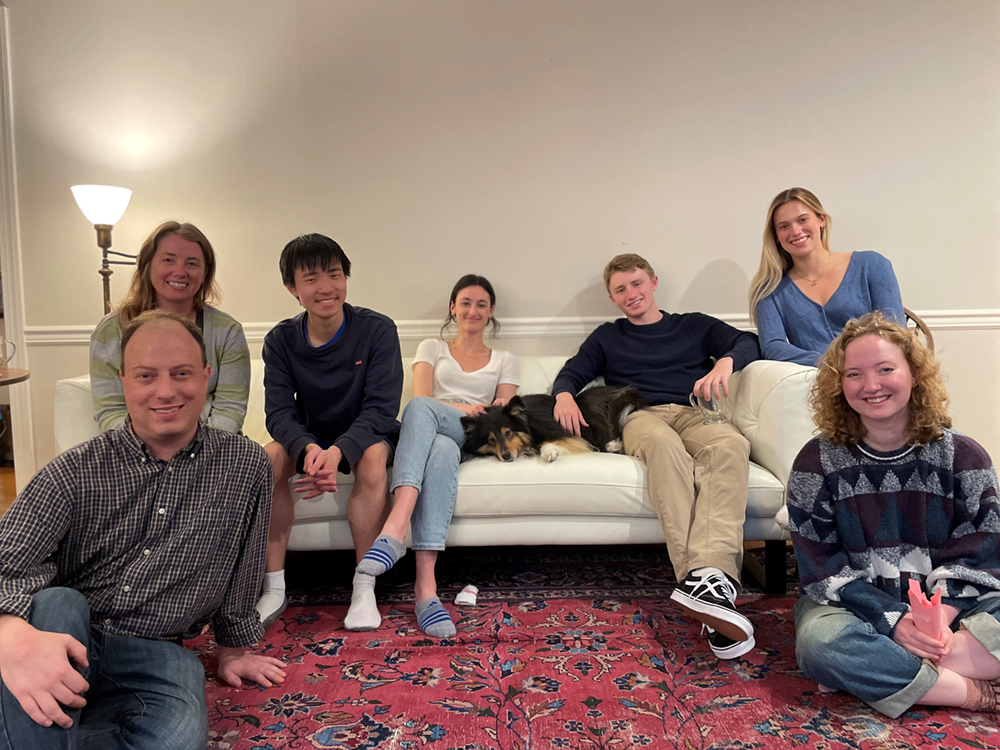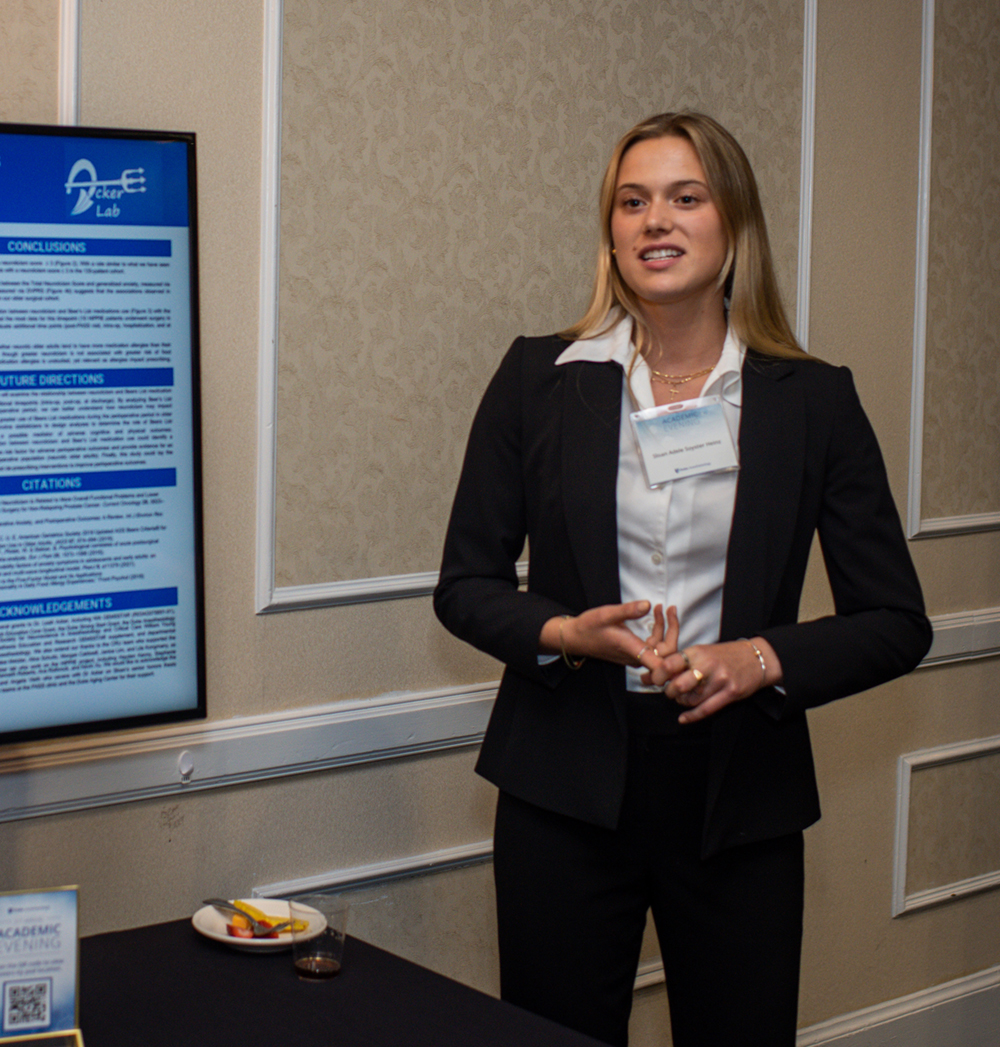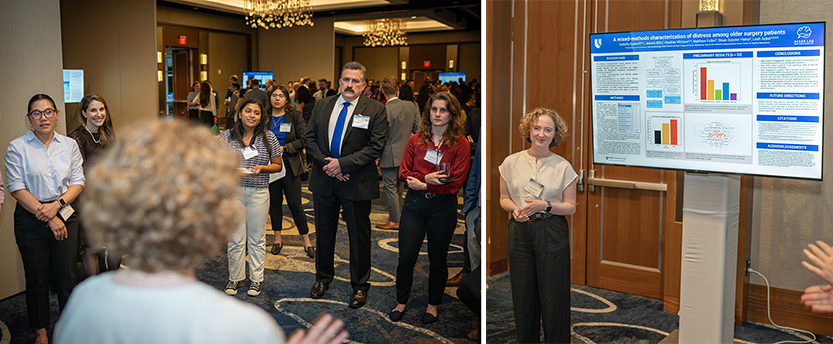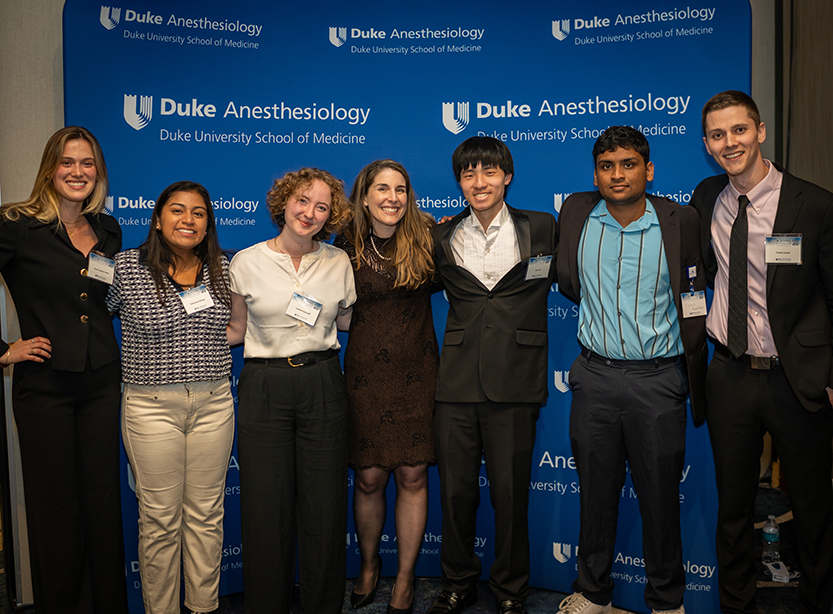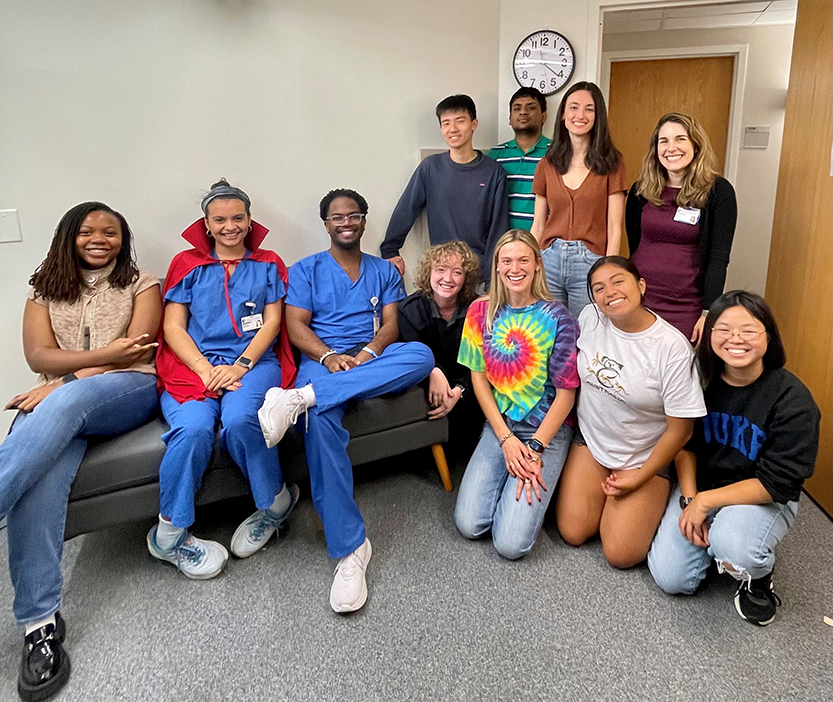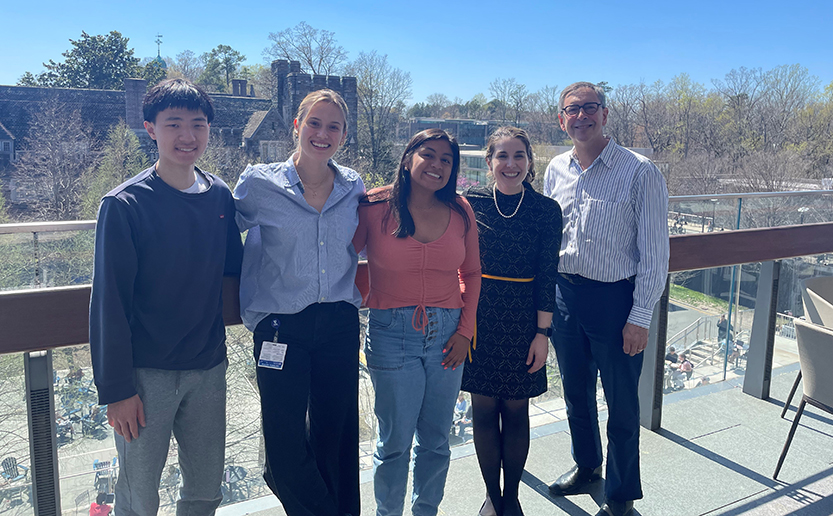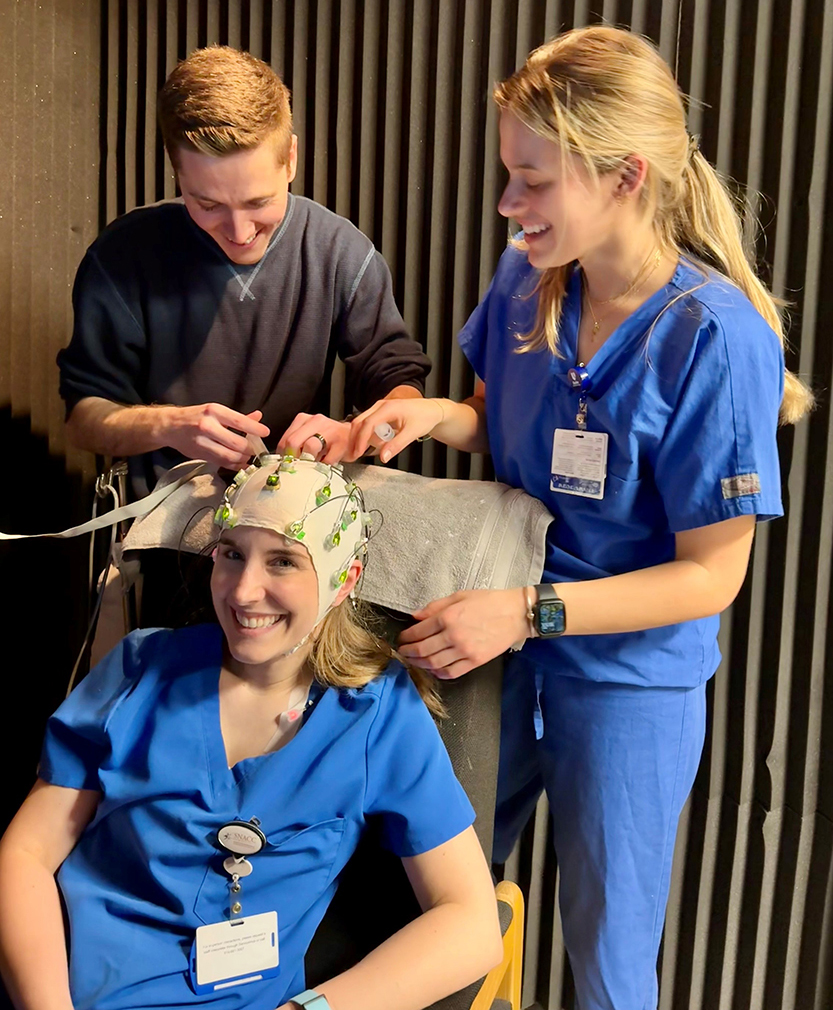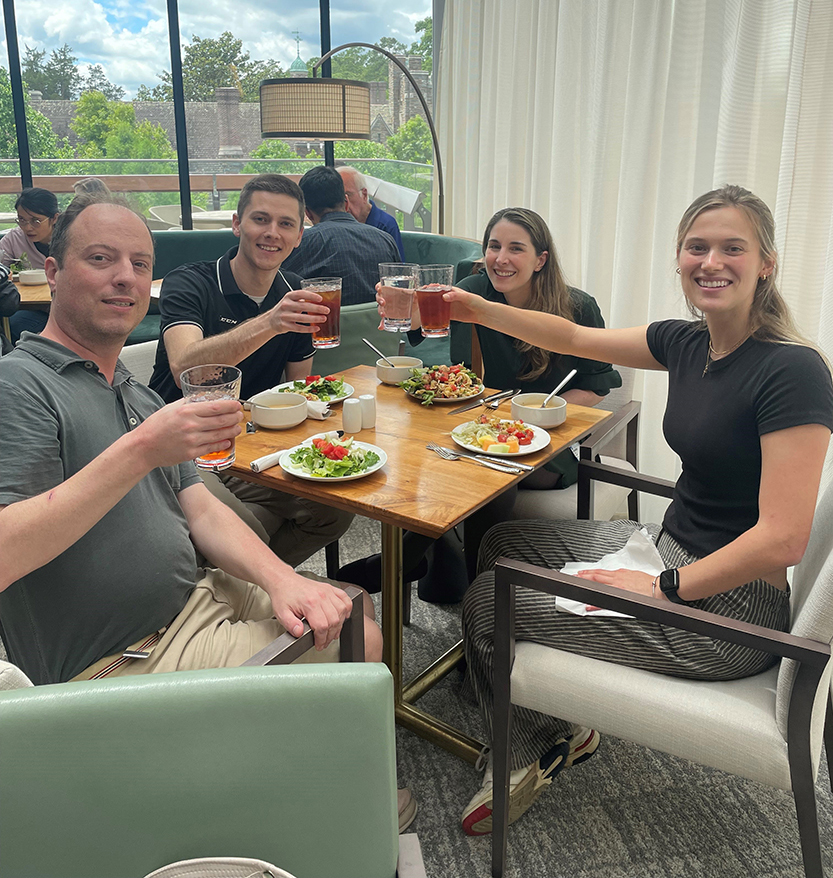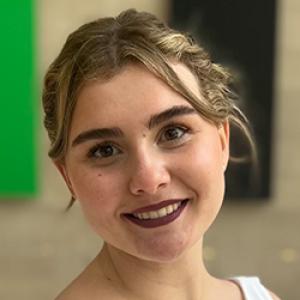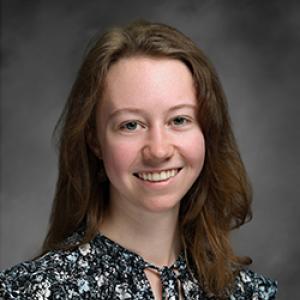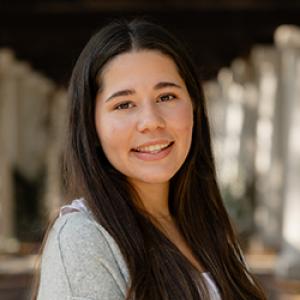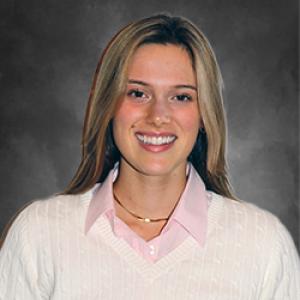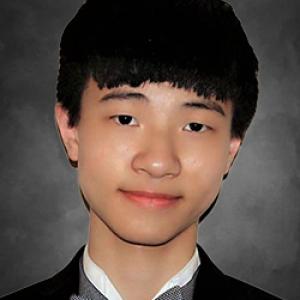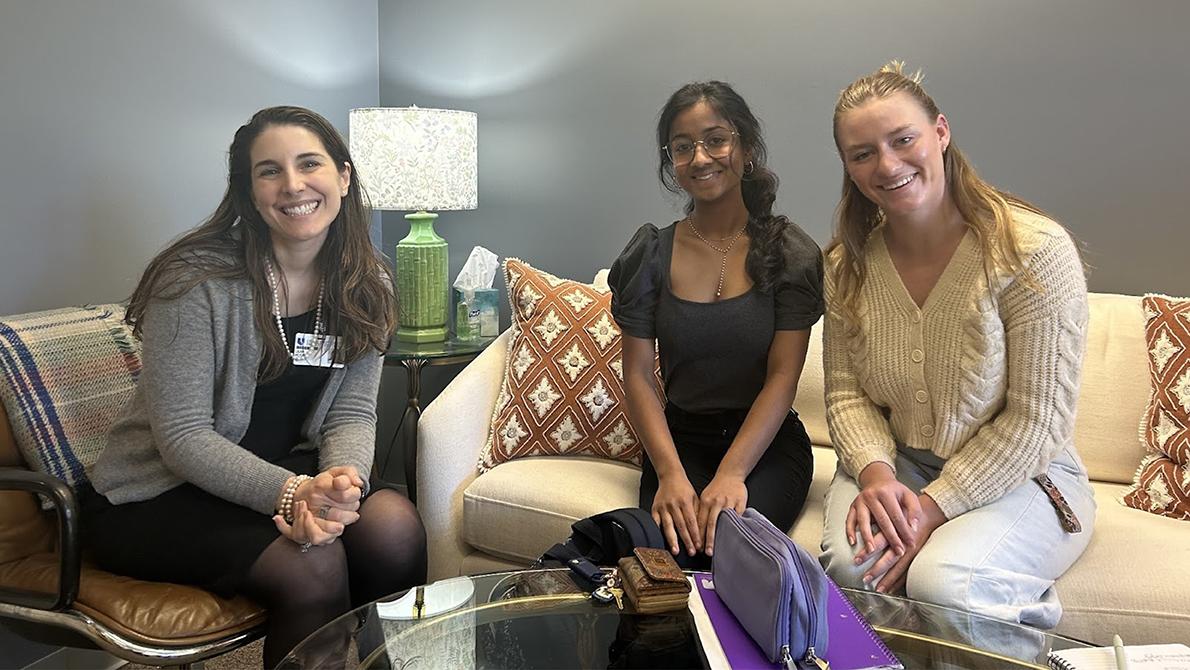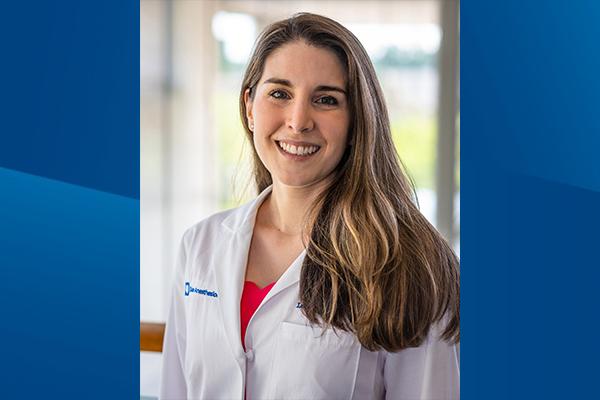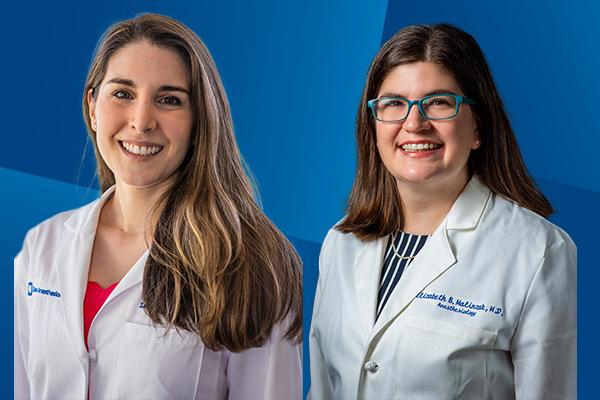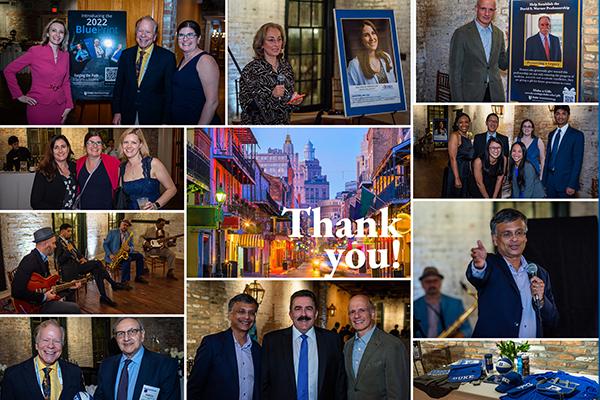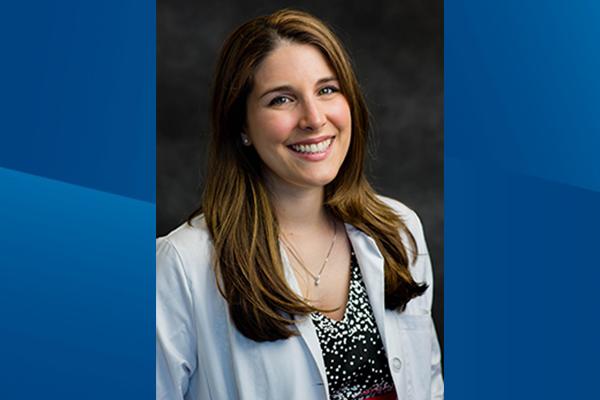Lab Description
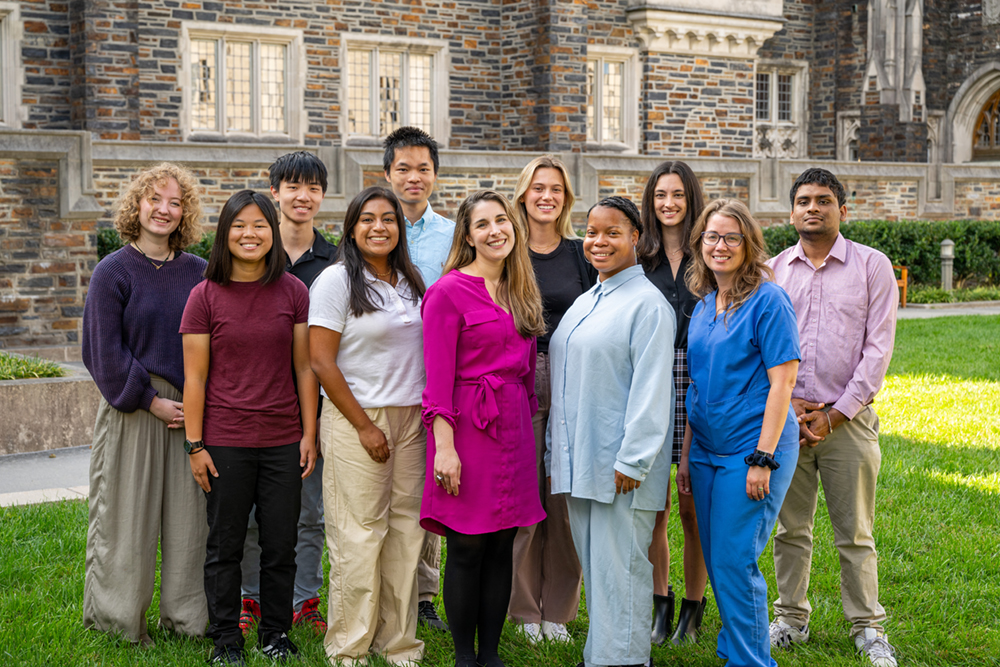
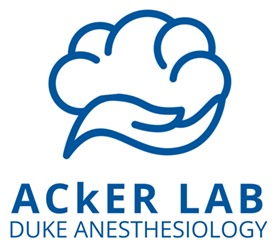
The ACkER Lab is rethinking how we protect the brain during and after surgery—especially in older patients at risk for long-term cognitive decline. We’re a multidisciplinary team spanning neuroscience, engineering, and clinical care, working to help patients recover faster, think more clearly, and feel better after anesthesia.
Our long-term goal is bold: to reduce—and eventually replace—the use of drugs in anesthesia with safe, non-invasive technologies grounded in brain science. With support from the NIH and other funders, we’re working toward a future where every patient experiences full cognitive recovery after surgery.
Here are a few ways we’re working toward that goal:
- Partnering with patients to understand what causes stress before surgery and what helps them feel better after
- Studying how the brain works so we can better protect it during and after surgery
- Designing safe, non-drug tools to reduce pain, anxiety, and memory problems
- Exploring how the brain, heart, and immune system work together to support healing for the brain and the body
- Testing new approaches to strengthen the brain before surgery and help it recover afterward—without relying on medication
Lab Opportunities
Lab Manager / Technician
We’re expanding! Our lab is looking for a second lab manager or technician to support ongoing clinical studies. If you’re curious about the brain—and have experience or interest in neuroscience, EEG, cognitive testing, or clinical research—we’d love to hear from you. Strong interpersonal skills and a positive, patient-focused attitude are essential.
Medical Students
Are you a third-year medical student eager to make a real-world impact? Join our team to work directly with older adults preparing for surgery. We also offer research opportunities involving healthy volunteers. Come help us personalize perioperative care through neuroscientific discovery!
Graduate Students
We are looking for curious, driven PhD students who want to make neuroscience discoveries with real-world impact. Our lab studies attention, perception, brain-body interactions, and consciousness—using tools like EEG, ERPs, neuroimaging, neurofeedback, and neuromodulation. If you’re excited by the science and motivated to help transform brain health, we’d love to hear from you.
Lab Members
Lab Alumni
In the News
Dr. Acker Earns Prestigious Neuroscience Innovator Award
Exploring the Role of Attentional Control in Delirium and Dementia
New Test Predicts Risk of Cognitive Dysfunction in Older Surgery Patients
Duke Anesthesiology Faculty Awarded FAER Grants
Dr. Acker Receives a “Strong Start” Award
That’s a Wrap! Highlights from ASA 2022
Dr. Acker Awarded NIH Grant for HIPPIE Study
Dr. Acker Earns Neuroscience Research Accolade
News from Duke University School of Medicine
Congratulations to the 2023 LEADER Alumni!
June 8, 2023
Announcing the 2023 LEADER Cohort
December 7, 2022
Selected Publications
- Acker L, Ha C, Zhou J, Manor B, Giattino CM, Roberts K, Berger M, Wright MC, Colon-Emeric C, Devinney M, Au S, Woldorff MG, Lipsitz LA, Whitson HE. Electroencephalogram-Based Complexity Measures as Predictors of Post-operative Neurocognitive Dysfunction. Front Syst Neurosci. 2021 Nov 10;15:718769. doi: 10.3389/fnsys.2021.718769. PMID: 34858144; PMCID: PMC8631543.
- *David-Bercholz J, *Acker L, Caceres AI, Wu PY, Goenka S, Franklin NO, Rodriguiz RM, Wetsel WC, Devinney M, Wright MC, Zetterberg H, Yang T, Berger M, Terrando N. Conserved YKL-40 changes in mice and humans after postoperative delirium. Brain Behav Immun Health. 2022 Nov 17;26:100555. doi: 10.1016/j.bbih.2022.100555. PMID: 36457825; PMCID: PMC9706140. *equal contribution
- Acker L, Wong MK, Wright MC, Reese M, Giattino CM, Roberts KC, Au S, Colon-Emeric C, Lipsitz LA, Devinney MJ, Browndyke J, Eleswarpu S, Moretti E, Whitson HE, Berger M, Woldorff MG; INTUIT and PRIME study groups. Preoperative electroencephalographic alpha-power changes with eyes opening are associated with postoperative attention impairment and inattention-related delirium severity. Br J Anaesth. 2024 Jan;132(1):154-163. doi: 10.1016/j.bja.2023.10.037. Epub 2023 Dec 12. PMID: 38087743; PMCID: PMC10797508.
- Acker L, Xu K, Ginsberg JP. The brain-heart-immune axis: a vago-centric framework for predicting and enhancing resilient recovery in older surgery patients. Bioelectron Med. 2024 Sep 2;10(1):21. doi: 10.1186/s42234-024-00155-4. PMID: 39218887; PMCID: PMC11367755.
Photos
